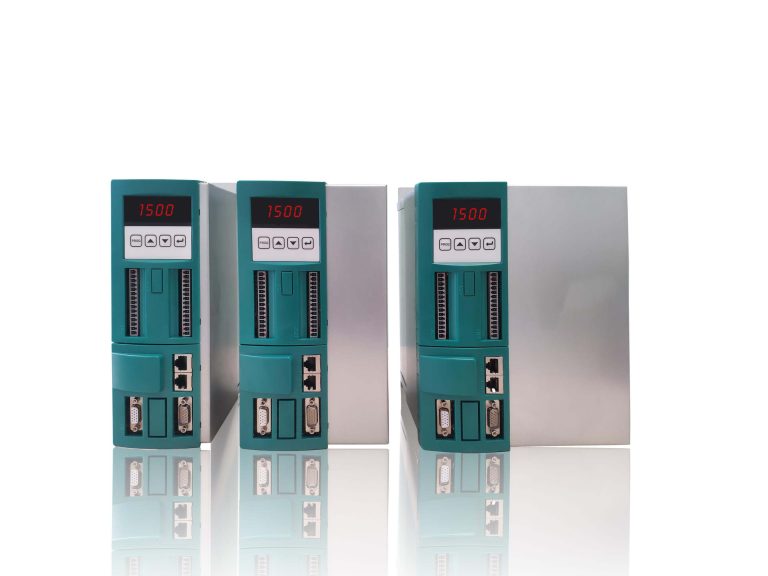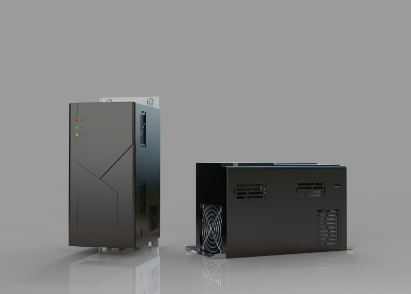
Power inverters can be used in a variety of applications such as home, commercial and industrial, including solar power systems, wind power systems, vehicle power supplies, portable power supplies, etc.
A wide variety of inverter sizes and types
From small inverters to large industrial-grade dedicated models, they are suitable for a variety of different types of power needs, including AC to DC and DC to AC conversion. Each customer can adapt to the power inverter that best suits their specific needs. Especially for outdoor travelers who want to get away from the city and experience the charm of nature, or campers who want to power electronic devices during outdoor activities, portable power inverters are their first choice.
Stable and reliable power output
In the event of a power outage or natural disaster, power inverters can continuously and stably provide power to ensure the normal operation of equipment. They maintain the power needs of our daily lives, such as lights, refrigerators and communication equipment, by drawing power from the backup battery system. At the same time, it ensures basic communications, preserves perishable items, and ensures the safety and comfort of occupants in emergencies.
Renewable energy integration
Power inverters are an integral part of solar and wind energy systems, helping to convert renewable energy into usable electricity. Solar panels generate direct current, which must be converted to alternating current for use in homes and businesses. Power inverters enable solar energy to be used efficiently for a variety of purposes.
Especially when we choose a grid-connected inverter, the excess power converted from free solar energy can also be fed back to the grid, saving electricity bills and energy.
Efficient energy conversion
Modern inverters generally have efficient energy conversion capabilities, reduce energy losses, and save energy. Compared with traditional power generation methods, power inverters help reduce greenhouse gas emissions and lower energy bills, making them ideal for residential and commercial applications.
Portability and easy installation
Many inverters are compact in design, easy to carry and move, especially suitable for outdoor activities and vehicle applications. Some inverters are even designed to be plug-and-play, and users can install and use them without professional knowledge.
Support intelligent control
In complex power systems, inverters can be integrated with other devices to provide unified management and control. Many inverters are equipped with intelligent monitoring and control functions, which can be remotely monitored and managed via the Internet or local area network.
Environmental protection and energy saving
Some electrical appliances and equipment, such as refrigerators and air conditioners, generate noise when using AC power. Power inverters can help alleviate this problem by providing smooth and consistent power. The inverter design is optimized and the noise level is low during operation, which helps reduce noise pollution.
The advantages of power inverters include versatility, efficient energy conversion, stable and reliable power output, environmental adaptability, portability, safety features, renewable energy integration, reduced operating costs, support for intelligent control and environmental protection. These advantages make power inverters play a vital role in modern power systems. Especially in some remote areas, because of the lack of stable power supply, it leads to various inconveniences in daily life. With power inverters, these places can build a complete power system and enjoy a better life.

